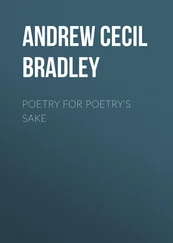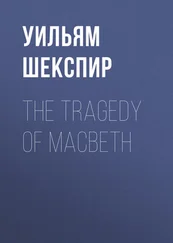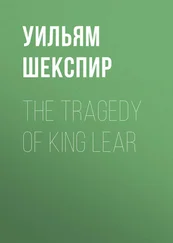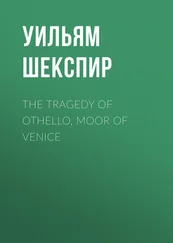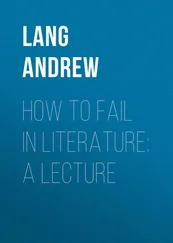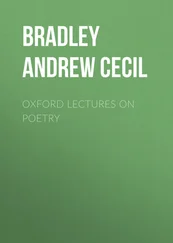His mother's statement, therefore, is almost certainly untrue, though it may be to her credit. (It is just conceivable that Hamlet wept at iii. iv. 130, and that the Queen supposed he was weeping for Polonius.)
Perhaps, however, he may have wept over Polonius's body afterwards? Well, in the next scene (iv. ii.) we see him alone with the body, and are therefore likely to witness his genuine feelings. And his first words are, 'Safely stowed'!
Not 'must cripple,' as the English translation has it.
He says so to Horatio, whom he has no motive for deceiving (v. ii. 218). His contrary statement (ii. ii. 308) is made to Rosencrantz and Guildenstern.
See Note B.
The critics have laboured to find a cause, but it seems to me Shakespeare simply meant to portray a pathological condition; and a very touching picture he draws. Antonio's sadness, which he describes in the opening lines of the play, would never drive him to suicide, but it makes him indifferent to the issue of the trial, as all his speeches in the trial-scene show.
Of course 'your' does not mean Horatio's philosophy in particular. 'Your' is used as the Gravedigger uses it when he says that 'your water is a sore decayer of your … dead body.'
This aspect of the matter leaves us comparatively unaffected, but Shakespeare evidently means it to be of importance. The Ghost speaks of it twice, and Hamlet thrice (once in his last furious words to the King). If, as we must suppose, the marriage was universally admitted to be incestuous, the corrupt acquiescence of the court and the electors to the crown would naturally have a strong effect on Hamlet's mind.
It is most significant that the metaphor of this soliloquy reappears in Hamlet's adjuration to his mother (iii. iv. 150):
Repent what's past; avoid what is to come;
And do not spread the compost on the weeds
To make them ranker.
If the reader will now look at the only speech of Hamlet's that precedes the soliloquy, and is more than one line in length—the speech beginning 'Seems, madam! nay, it is '—he will understand what, surely, when first we come to it, sounds very strange and almost boastful. It is not, in effect, about Hamlet himself at all; it is about his mother (I do not mean that it is intentionally and consciously so; and still less that she understood it so).
See Note D.
See p. 13.
E.g. in the transition, referred to above, from desire for vengeance into the wish never to have been born; in the soliloquy, 'O what a rogue'; in the scene at Ophelia's grave. The Schlegel-Coleridge theory does not account for the psychological movement in these passages.
Hamlet's violence at Ophelia's grave, though probably intentionally exaggerated, is another example of this want of self-control. The Queen's description of him (v. i. 307),
This is mere madness;
And thus awhile the fit will work on him;
Anon, as patient as the female dove,
When that her golden couplets are disclosed,
His silence will sit drooping.
may be true to life, though it is evidently prompted by anxiety to excuse his violence on the ground of his insanity. On this passage see further Note G.
Throughout, I italicise to show the connection of ideas.
Cf. Measure for Measure , iv. iv. 23, 'This deed … makes me unpregnant and dull to all proceedings.'
iii. ii. 196 ff., iv. vii. 111 ff.: e.g. ,
Purpose is but the slave to memory ,
Of violent birth but poor validity.
So, before, he had said to him:
And duller should'st thou be than the fat weed
That roots itself in ease on Lethe wharf,
Would'st thou not stir in this.
On Hamlet's soliloquy after the Ghost's disappearance see Note D.
In the First Act (i. ii. 138) Hamlet says that his father has been dead not quite two months. In the Third Act (iii. ii. 135) Ophelia says King Hamlet has been dead 'twice two months.' The events of the Third Act are separated from those of the Second by one night (ii. ii. 565).
The only difference is that in the 'To be or not to be' soliloquy there is no reference to the idea that suicide is forbidden by 'the Everlasting.' Even this, however, seems to have been present in the original form of the speech, for the version in the First Quarto has a line about our being 'borne before an everlasting Judge.'
The present position of the 'To be or not to be' soliloquy, and of the interview with Ophelia, appears to have been due to an after-thought of Shakespeare's; for in the First Quarto they precede, instead of following, the arrival of the players, and consequently the arrangement for the play-scene. This is a notable instance of the truth that 'inspiration' is by no means confined to a poet's first conceptions.
Cf. again the scene at Ophelia's grave, where a strong strain of aesthetic disgust is traceable in Hamlet's 'towering passion' with Laertes: 'Nay, an thou'lt mouth, I'll rant as well as thou' (v. i. 306).
O heart, lose not thy nature; let not ever
The soul of Nero enter this firm bosom:
Nero, who put to death his mother who had poisoned her husband. This passage is surely remarkable. And so are the later words (iii. iv. 28):
A bloody deed! almost as bad, good mother,
As kill a king, and marry with his brother.
Are we to understand that at this time he really suspected her of complicity in the murder? We must remember that the Ghost had not told him she was innocent of that.
I am inclined to think that the note of interrogation put after 'revenged' in a late Quarto is right.





